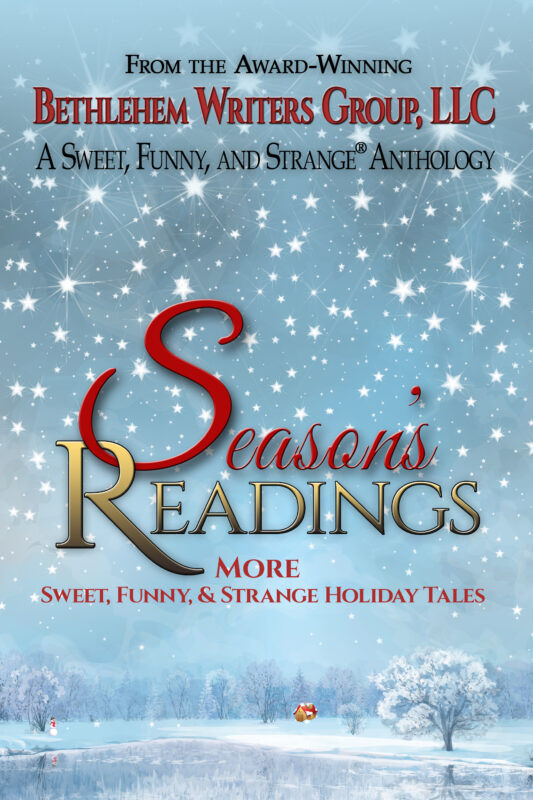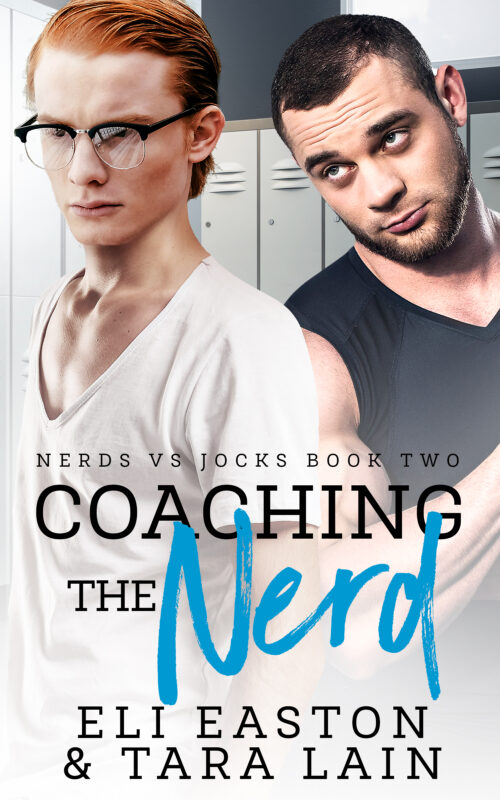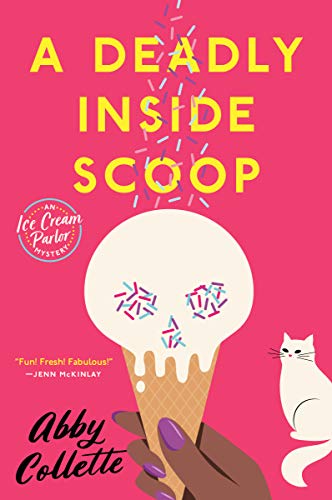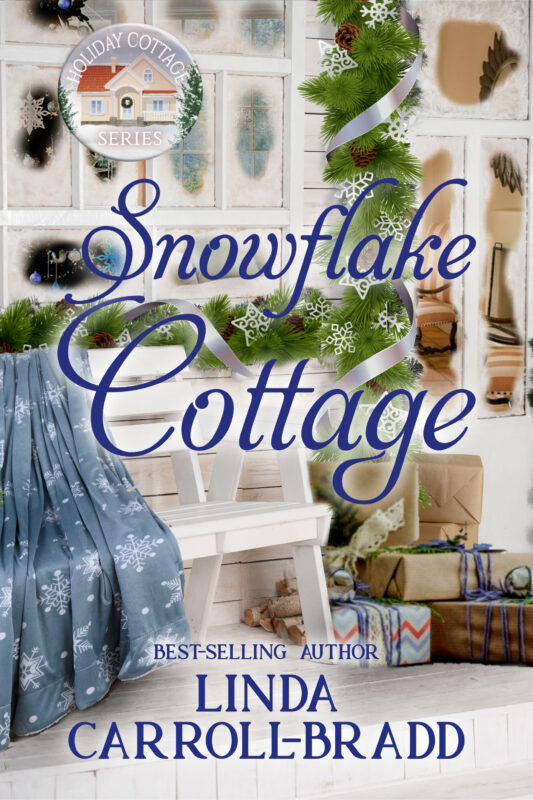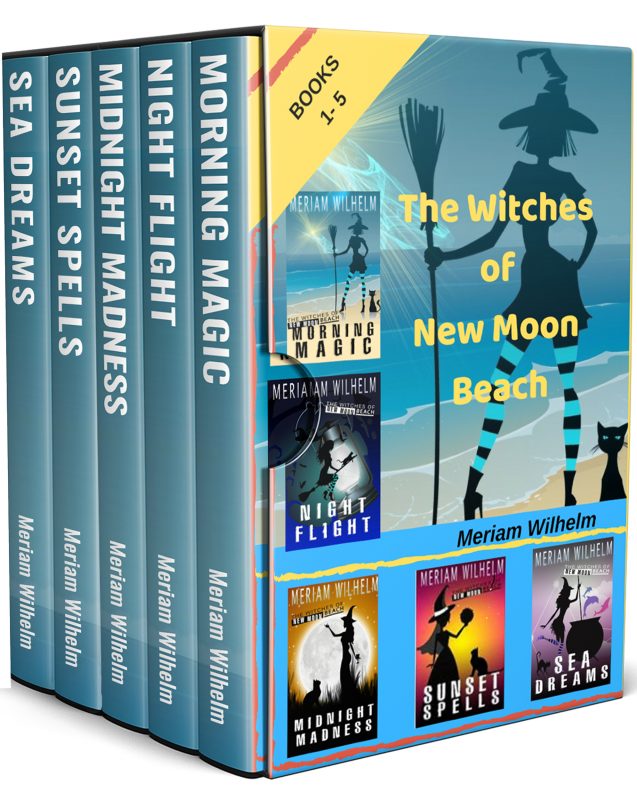How Much Reality?
May 31, 2017 by The Extra Squeeze in category The Extra Squeeze by The Extra Squeeze Team tagged as H.O. Charles, Jenny Jensen, Reality, Rebecca Forster, Robin Blakely, The Extra Squeeze
Ever wonder what industry professionals think about the issues that can really impact our careers? Each month The Extra Squeeze features a fresh topic related to books and publishing.
Amazon mover and shaker Rebecca Forster and her handpicked team of book professionals offer frank responses from the POV of each of their specialties — Writing, Editing, PR/Biz Development, and Cover Design.
During an online ‘ask an author’ a first time author lamented that he could not have his characters fall in love because in real life there were social barriers. The question this month is:
Should reality be restrictive when we write? How much reality is too much?

Jenny Jensen
Developmental editor who has worked for twenty plus years with new and established authors of both fiction and non-fiction, traditional and indie.
How much reality is too much? Noon on April 15, midnight looming -‐ that’s too much reality for me.
But my demands of reality in fiction are less fearful and far more forgiving. Authors create a world for the reader to happily visit; a world ruled by its own inner reality. As long as the actions of the characters stay within the boundaries of that inner reality, I say anything goes.
If you’re writing a Steampunk tale with clocks that speak and mechanical jeweled birds and a hero with an ocular implant that sees the soul, then it would make no story sense to have him checking YouTube. If fantasy is your genre and the fairy queen the hero, you wouldn’t put her in Louboutins. Suspension of belief demands adherence to the story’s inner reality; then the reader can freely let go of her own beliefs and join in the author’s world.
When your genre is set in the world of shared reality, the real world, bending that reality gets tricky. Whatever action might boarder on unbelievable may work perfectly if it has been set up correctly, allowing the story sense to stay intact. After all, when characters break the rules, that’s what spurs the tension—as long as it makes good story sense.
The unforgivable distortions of reality are anachronisms. I see that often when I work story development with historical fiction. Nothing jars you out of a tale of medieval court life faster than a character saying, “hey, chill out” or “no way!” An author needs to be aware of their story’s own internal logic and respect that logic; and that includes dialogue. It’s your creation and I’m willing to travel into your world, as long as that reality makes its own, consistent sense.

Robin Blakely
PR/Business Development coach for writers and artists; CEO, Creative Center of America; member, Forbes Coaches Council.
As a reader, I implore you to write the story that will fascinate and thrill me–move my soul and ignite my imagination. Please, use your writer’s magic. Make me believe that your bigger-than-life characters and more-incredible-than-life circumstances are real. I just want to escape into an extraordinary tale no matter how fantastic the elements are.
BUT…from a promotional perspective, I warn you: proceed with caution. Your story won’t likely be your biggest problem. Your hidden landmine will more likely be buried in the promotional territory. Quite simply, your story content must match your book description. Don’t pretend your work is something it’s not.
As a PR professional, I am much less concerned about what you did in your story and much more concerned about how you characterize the work. Make sure the content and description align seamlessly. If you say you wrote a historical romance, you better be historically accurate and romantically mesmerizing. If you aren’t those things, re-package the description accurately. Imagine if you bought a box of Cheerios and opened the box and found oatmeal. Nothing is intrinsically wrong with oatmeal unless you thought you were getting Cheerios. The same thing happens with books.
Do what it takes to get your promotional alignment right…Then, defend your story choices with substance and panache. Be aware that many things you write would not likely happen in real life. It’s okay to say: “I chose to explore it anyway…writers do that.” But the oatmeal-in-a-cheerio-box thing…steer completely clear of that nonsense.

USA Today Bestselling author of 35 books, including the Witness series and the new Finn O’Brien series.
I write legal and police thrillers sprinkled with political elements. Being neither a cop, lawyer, or politician, I do get anxious about crossing professional lines, disrespecting procedures or, frankly, just looking like I don’t know what I’m talking about. No author who tackles a fact-based subject wants to look dumb. When I get nervous about such things I remind myself that I am not writing about real life, I am being inspired by it.
If procedural writers told literal stories, our novels would be the best sleep aid in history. Frankly, most trials and investigations are tedious and boring. My job is to identify the part of reality that is exciting, thought provoking, or suspenseful so that I can build upon it, not be slave to it. When I write, I start by finding a concept within the framework of the justice system that intrigues me. For instance, my husband presided over one of the first trials in which a child was tried as an adult. I was inspired to write Hostile Witness. The plot was about of a young girl caught up in our legal system; the story was about her fight for survival in life. I do research to make sure that I stay within procedural bounds, but I am the author and I must choose which of those boundaries to adhere to, which to ignore and which to use to enhance my story.
So be inspired by reality not hobbled by it. Be inquisitive and smart. Understand the reality of your universe and then bend it.

Cover designer and author of the fantasy series, The Fireblade Array is on deadline this month. She’ll join The Extra Squeeze team again next month.











